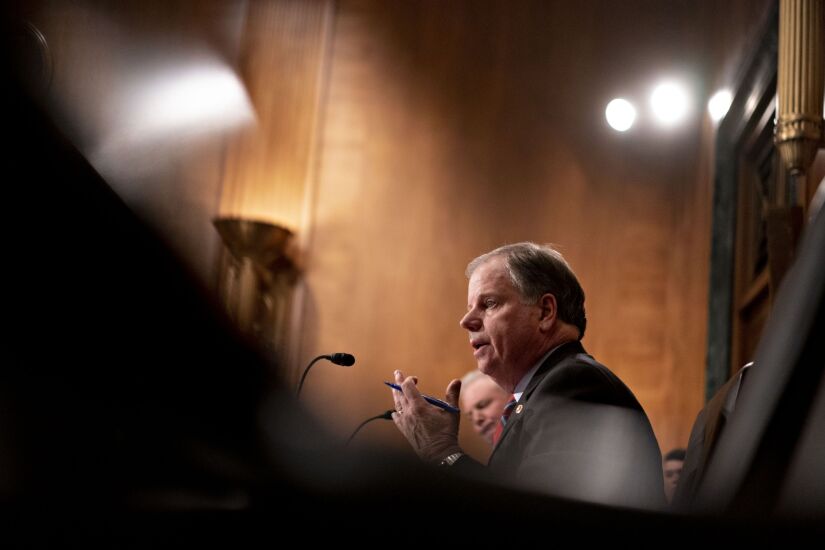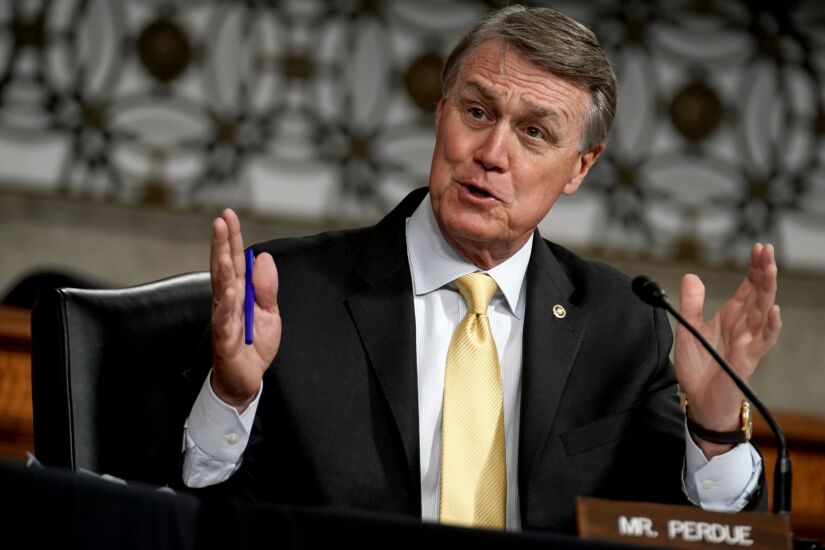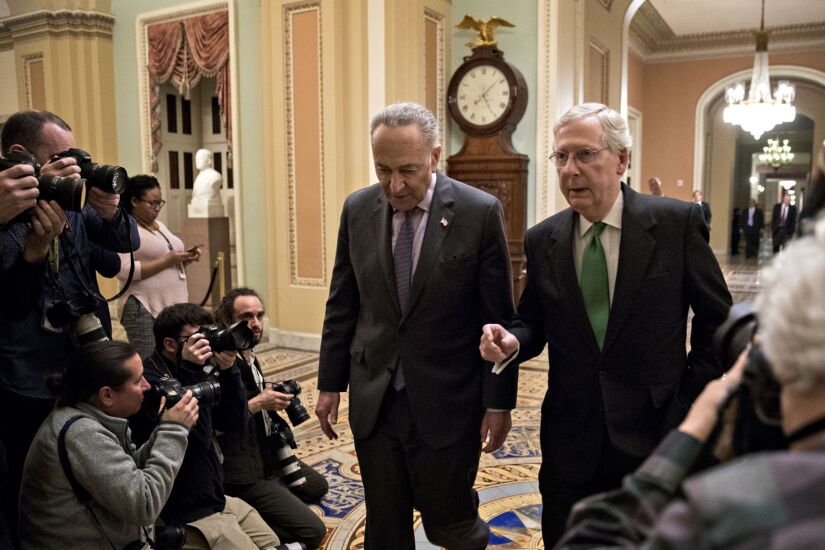WASHINGTON — The banking industry’s legislative agenda hangs in the balance this November as the 2020 election will not only determine which party controls the Senate, but also the makeup of the Senate Banking Committee.
Several members of the panel from both parties are facing tough reelection contests, including particularly close races for Republican-held seats in Arizona and North Carolina and a Democratic-held seat in Alabama.
But perhaps the biggest question is whether Democrats will win enough seats in the full Senate to gain control of the chamber for the first time since 2014.
Here are the key races to watch:











